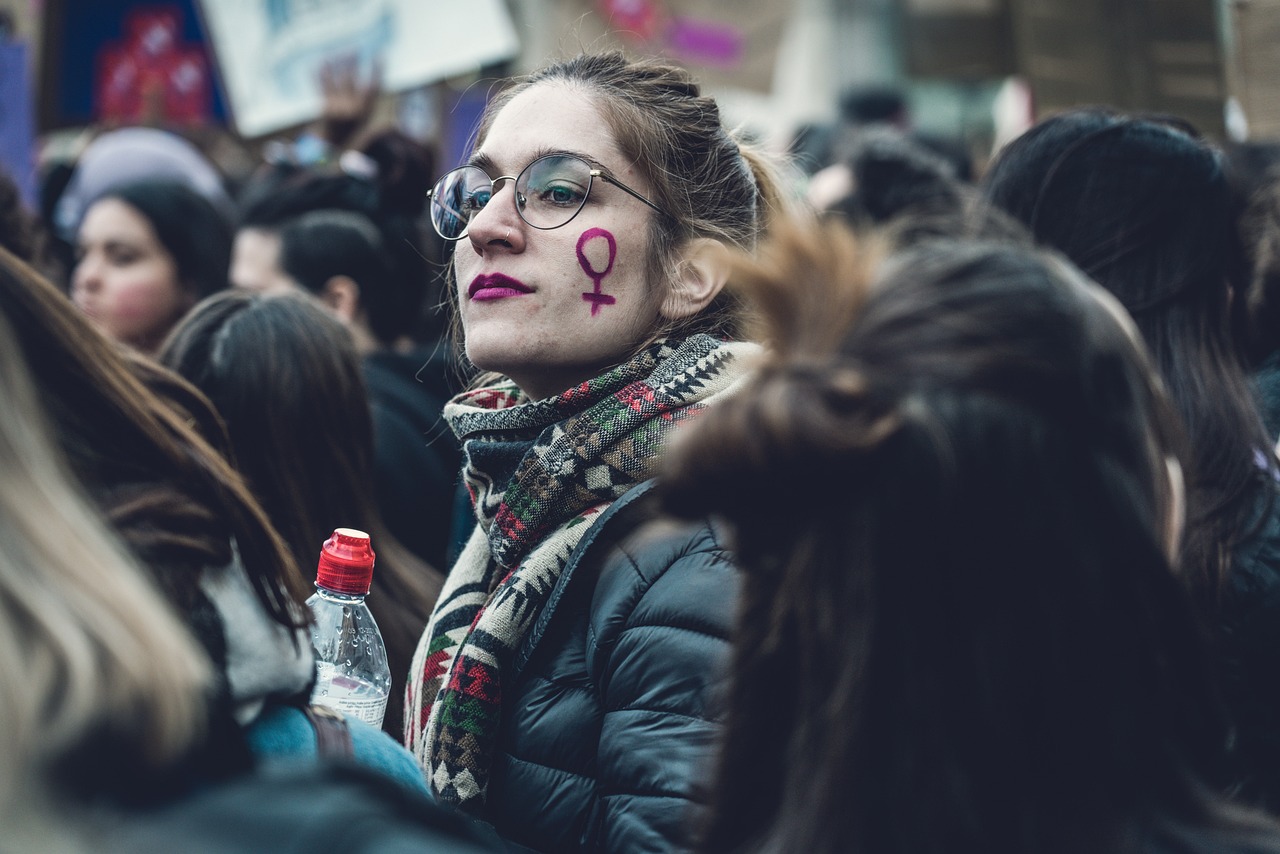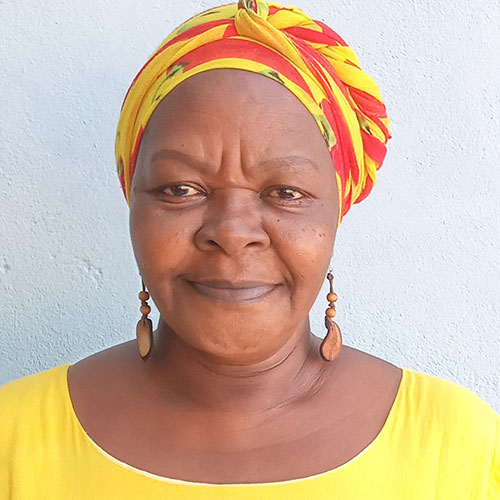International Women’s Day: Meet important figures in the women’s struggle
International Women's Day is a symbol of female achievements over the years. Therefore, we list some important figures who fought and are still fighting for the cause. Check it out!


It is common to see commemorative dates created based on commercial interests and needs. This is the Valentine’s Day case, for example.
Therefore, it is already in the social imagination that International Women’s Day has a similar origin. According to Diário do Nordeste, thousands of flowers and baskets are ordered annually on this date. But the story is not quite like that.
Records show that International Women’s Day has been celebrated since the beginning of the 20th century in Europe and the United States, a long time before the date became official by the United Nations (UN) in 1975.
Much is said about the textile factory fire in 1911 in New York, which ended the lives of more than 100 women, bringing to light the reality of poor working conditions that were worse when it came to women.
Yes, it is important to remember, however, that the roots of the date are even deeper. The history of March 8th demanded a lot of struggle for basic rights, mobilization and resistance. It all started with different groups of female workers who began to demand better working conditions.
Below, Coluna da Neuza mentions some women who were important and still are nowadays. They are strong, encouraging figures who empower others to follow their paths.
Clara Zetkin and Alexandra Kollontai
German Clara Zetkin is a fundamental name when we think about International Women’s Day. Activist, teacher, feminist and politician, she was responsible for bringing the discussion about the female situation into the trade union and socialist movement. Still, in 1891, she created the magazine A Igualdade, written by women and aimed at working women.
Alongside another politician and activist, Alexandra Kollontai, Clara proposed the creation of an annual day of demonstrations for the right to vote for women and better working conditions. Thus, the first Women’s Day is dated March 19, 1911.
Raquel de Queirós
She was a Brazilian writer, born in Fortaleza, Ceará, on November 17, 1910, and died in 2003. She was the first woman to join the Brazilian Academy of Letters and the first to receive the Camões Prize.
She worked as a journalist, translator and playwright. His first novel, O Quinze, won the Graça Aranha Foundation award. Memorial de Maria Moura was turned into a television miniseries.
Maria Carolina de Jesus
It is never too much to remember and talk about this admirable woman who was born in 1914, in Sacramento (MG), and spent most of her life in the capital of São Paulo. She managed to release, even with little study, her first book, Quarto de Despejo, in 1960.
The literature work brings together her reflections and becomes a huge success, being translated into several languages and contributing to a human and realistic vision of hunger and poverty in Brazil
Dandara
She was a woman of enormous importance in the fight for the emancipation of the black Brazilian people. Being Zumbi dos Palmares’ companion, she fought bravely against oppression during the colonial Brazil era. When freed, in 1694 she took her own life, as she could not bear the idea of being a slave again.
Elis Regina
Considered Brazil’s greatest singer of all time, Elis Regina was a hurricane on stage. Born in Rio Grande do Sul, Pimentinha, as she was known, started singing when she was eleven.
At 15, she was hired by radio Gaúcha and, in the following year, she released her first album. Elis was a sales success and covered different genres: from bossa nova to jazz, she sang MPB, rock and samba.
Ada Lovelace
Born in 1815, in England, she dedicated her life to mathematics and writing. Her greatest achievement was developing the first algorithm to be processed by a machine. She is considered the first programmer in history. Ada passed away at the age of 36, without recognition during her lifetime. It came into visibility after scientist Alan Turing cited it.
Sonia Guimarães
Sonia is the first black Brazilian woman to become a doctor in Physics. Until 1996, women were prevented from even taking the entrance exam for the Technological Institute of Aeronautics (ITA).
Fighting racism in many ways, she specialized in semiconductors, an area that enabled the development of cell phone technology. Today, the best entrance exam scores are from women. In 2022, the best grade among all engineering courses was from a woman, who got 9.5 points.
Ivone Ferreira Caetano
She was the first black judge and worked at the Rio de Janeiro Court of Justice. The retired lawyer is currently the Director of Racial Equality at the Rio de Janeiro Section of the OAB, being a human rights activist, combating racism and domestic and family violence.
Malala Yousafzau
The Pakistani activist is known worldwide for fighting for women’s right to study. In 2012, she survived an attack carried out by the Taliban, a conservative and fundamentalist organization that dominated and led the Swat Valley region, in Pakistan, where Malala lived.
Joanna Maranhão
Former swimmer, Joanna Maranhão highlighted, in an interview with the Giro Nordeste program, on Rede TVT, the fight against microaggressions as a way to reduce violence in sports.
The Pernambuco native was the victim of sexual abuse committed by her coach when she was just nine years old. In his master’s thesis, she conducted research that revealed that 93% of Brazilian athletes have suffered some type of physical, sexual or psychological abuse.
Joanna Maranhão, owner of the best result in Brazilian women’s swimming at the Olympic Games, with 5th place in the 400-meter medley in Athens, recently also became the first woman elected to the IOC ethics council.



